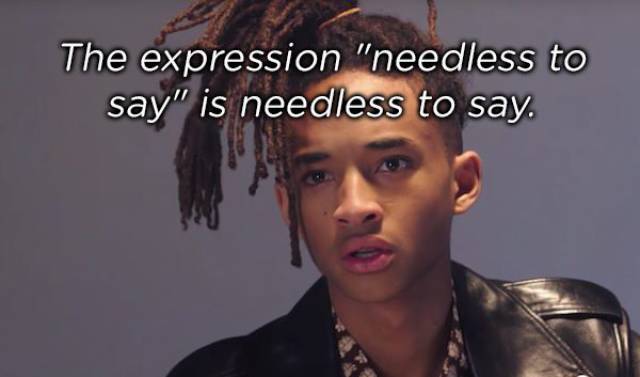
“Mind-wandering might help in some contexts, like taking a walk, but not others, like a dull psych task,” Irving said of his theory. That’s important because the shower effect likely depends on the context you’re in. They’re just not like anything in people’s daily lives.” “And what that test involves is, for example, seeing a stream of digits, 1 through 9, and not clicking when you see a ‘3.’ That’s the typical mind-wandering study. “The typical task that you use in mind-wandering research is called a Sustained Attention Response Test,” he said. They may tax the mind, but they don’t translate well to the real world. Irving said another issue with the study, and others like it, is the variety of lab-friendly tasks participants are asked to perform. “They were measuring how distracted the participants were.” “They weren’t really measuring mind-wandering,” he said. Yet other studies failed to replicate the original finding that received so much press. Some studies seemed to find a link between mind-wandering and creativity, including among physicists and writers. “Compared with engaging in a demanding task, rest, or no break,” the study’s authors wrote, “engaging in an undemanding task during an incubation period led to substantial improvements in performance on previously encountered problems.”īut follow-up studies yielded inconsistent results. The study showed the lower the demand, the higher participants scored on the creativity test. Those researchers asked participants to come up with creative alternate uses for everyday items – a brick, for example – following an “incubation period” that involved tasks of various levels of mental demand. “There was this research in 2012, ‘Inspired By Distraction’ by Benjamin Baird and colleagues, that really blew up, both in terms of in science and in media and in the popular imagination, which was mind-wandering seems to benefit creativity and creative incubation,” Irving said.

When we perform an “undemanding” task, our brains tend to wander and when our brains tends to wander, creativity tends to flow.

Research published a decade ago in the journal Psychological Science seemed to confirm what many people suspected. (Photo by Erin Edgerton, University Communications) Wandering in the Wrong Direction Zac Irving studies wandering minds and the line between unproductive and creative thought.


 0 kommentar(er)
0 kommentar(er)
